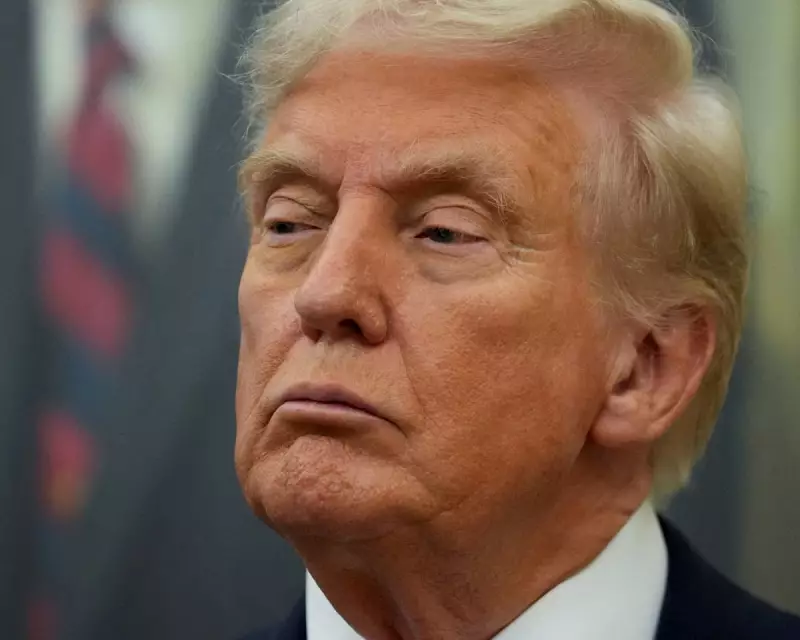
In a dramatic week of digital activity, former President Donald Trump has dominated online discourse with a series of provocative social media posts that have drawn criticism from across the political spectrum.
A Pattern of Provocation
Analysis of Trump's recent online behaviour reveals a consistent pattern of inflammatory rhetoric targeting political opponents, media organisations, and judicial figures. His posts have frequently employed aggressive language and conspiracy theories, creating what experts describe as a "volatile digital environment."
Experts Voice Concerns
Political analysts and cybersecurity specialists have expressed alarm at the escalating nature of these communications. Dr Eleanor Vance, professor of political communication at Oxford University, told The Guardian: "The frequency and intensity of these posts represent a significant departure from conventional political discourse."
Potential Real-World Impact
Security experts warn that such online behaviour could have tangible consequences:
- Increased polarisation among supporters and detractors
- Potential security risks for targeted individuals
- Erosion of public trust in democratic institutions
- Normalisation of aggressive political rhetoric
Platform Responsibility Questioned
The situation has reignited debates about social media companies' responsibility to moderate content from high-profile political figures. While some platforms have implemented stricter policies since 2021, enforcement remains inconsistent across different political contexts.
As the political landscape continues to evolve in the digital age, Trump's online presence remains a focal point for discussions about the intersection of politics, technology, and public discourse.






